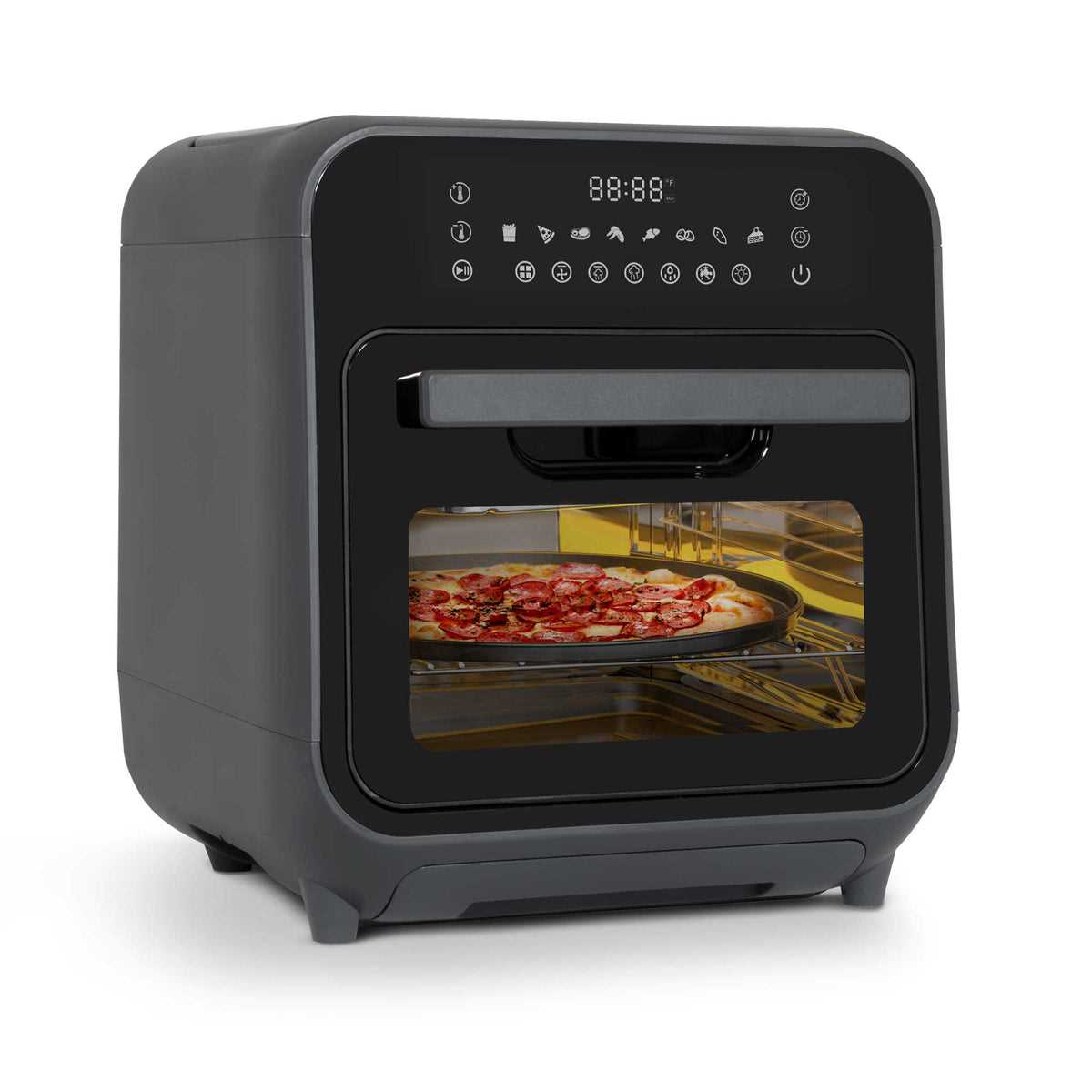
Preparing meals at home has become simpler and more enjoyable with modern kitchen appliances. These devices help save time while ensuring that your dishes are cooked to perfection. Whether you’re new to the kitchen or an experienced cook, using this equipment can make a world of difference in achieving excellent results with minimal effort.
In this guide, you’ll find helpful tips and instructions on how to make the most of your cooking device. From basic setup to advanced features, this article will walk you through everything you need to know. You’ll be able to explore a range of options for cooking various types of meals while ensuring your food is cooked evenly and thoroughly.
As you dive into the process, you’ll learn how to enhance your culinary skills with this practical tool. The easy-to-follow steps will allow you to experiment with different recipes, adjust settings, and maintain your equipment properly for long-lasting performance. Get ready to elevate your cooking experience to a whole new level.
Setting Up Your Air Cooking Device

Before you begin preparing meals, it’s important to configure your kitchen appliance correctly. This ensures optimal performance and safety during operation. Proper setup will also help you get the most out of your device, allowing for consistent and enjoyable results.
Unpacking and Placement
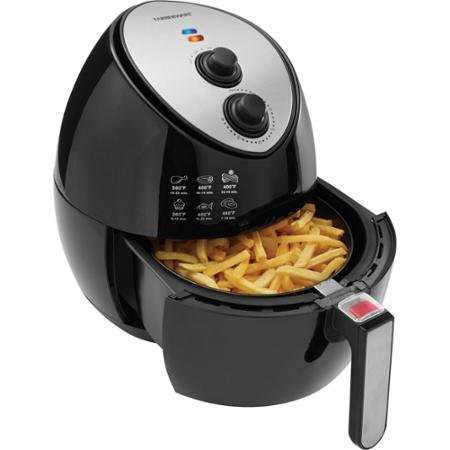
Start by carefully removing the machine from its packaging, making sure all components are accounted for. Place the appliance on a flat, heat-resistant surface with sufficient space around it for ventilation. Avoid placing it near walls or other heat-sensitive items.
Initial Setup and Trial Run

Once positioned, plug the device into a grounded outlet. It is recommended to run a short test cycle to ensure everything is functioning properly. Follow the basic settings to allow the machine to heat up for a few minutes, checking for any irregularities before starting regular use.
Understanding Temperature and Time Controls
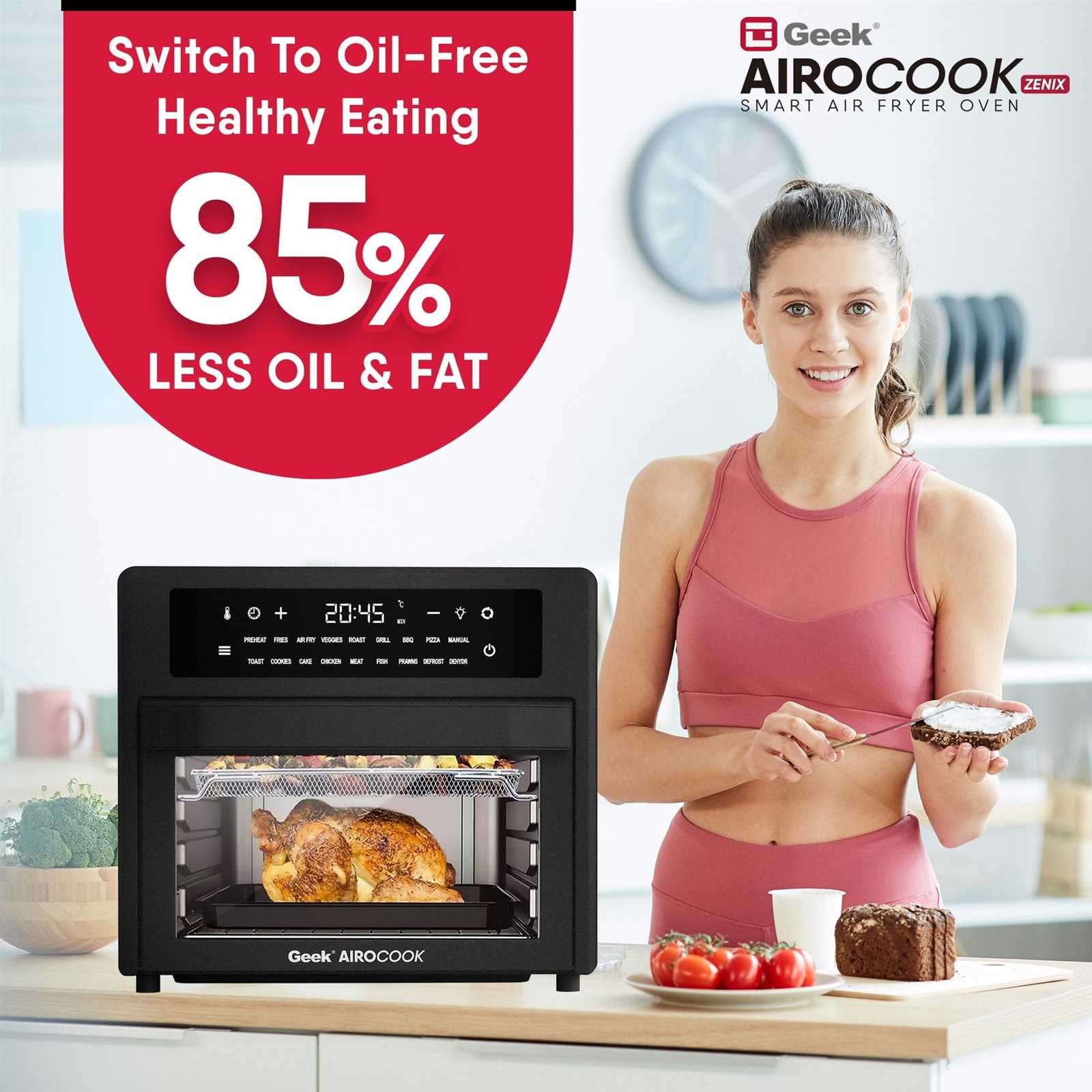
Effectively managing heat levels and cooking duration is essential for achieving optimal results when preparing various dishes. These two factors directly influence the texture, flavor, and doneness of your meals. Properly adjusting them ensures that your food cooks evenly and retains its intended qualities.
Temperature Settings Explained
Each dish has an ideal heat range, and selecting the right one is crucial for avoiding undercooking or overcooking. Lower temperatures are often suitable for delicate ingredients, while higher settings work well for items that require a crispy finish. It is important to consult recommended ranges for each type of meal.
Timing Adjustments for Best Results
Accurate time control is just as vital. Cooking duration affects the final outcome, and slight deviations can lead to significant differences in taste and texture. Ensure that you follow general guidelines but also keep an eye on the progress of your dish for the best possible results.
Cleaning and Maintaining the Device
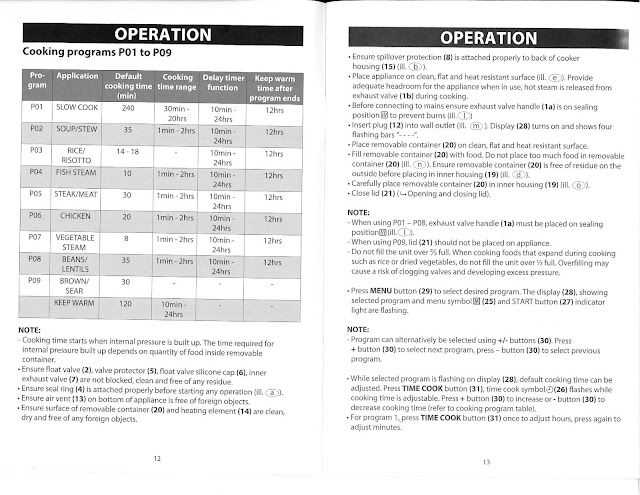
Proper upkeep is essential to ensure the longevity and efficient operation of your kitchen equipment. Regular care not only improves performance but also prevents buildup and extends the lifespan of your appliance.
| Maintenance Task | Frequency |
|---|---|
| Wipe exterior surfaces | After every use |
| Clean internal components | Weekly |
| Inspect and clean filters | Monthly |
| Check for loose parts or damage | As needed |
For daily cleaning, use a soft cloth to wipe down the outer parts of the device. To clean internal components, remove detachable parts and wash them with warm, soapy water. Ensure all parts are fully dry before reassembling. Filters should be checked and washed regularly to avoid dust and grease buildup. Always unplug the equipment before any maintenance work to avoid accidents.
Using Pre-Set Cooking Modes
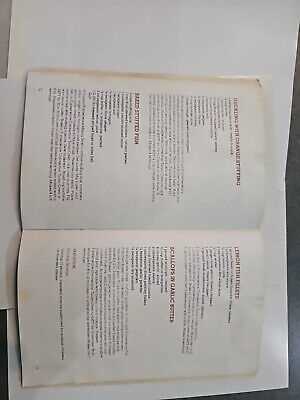
Pre-programmed settings simplify the cooking process by adjusting the time and temperature automatically for different types of meals. This feature allows users to select the appropriate mode without manually setting the details each time.
- Select the cooking mode that corresponds to the type of food you’re preparing.
- The device will automatically adjust the temperature and duration for optimal results.
- Each mode is designed for specific meals, such as vegetables, meat, or baked goods.
To get the most out of these settings, always check the suggested portion sizes and make sure not to overcrowd the cooking chamber, ensuring even heat distribution for better results.
- Press the mode button to cycle through the available options.
- Once the desired setting is displayed, press the confirmation button to start cooking.
- If needed, you can still manually adjust the time and temperature after selecting a mode.
Safety Tips for Operating the Fryer
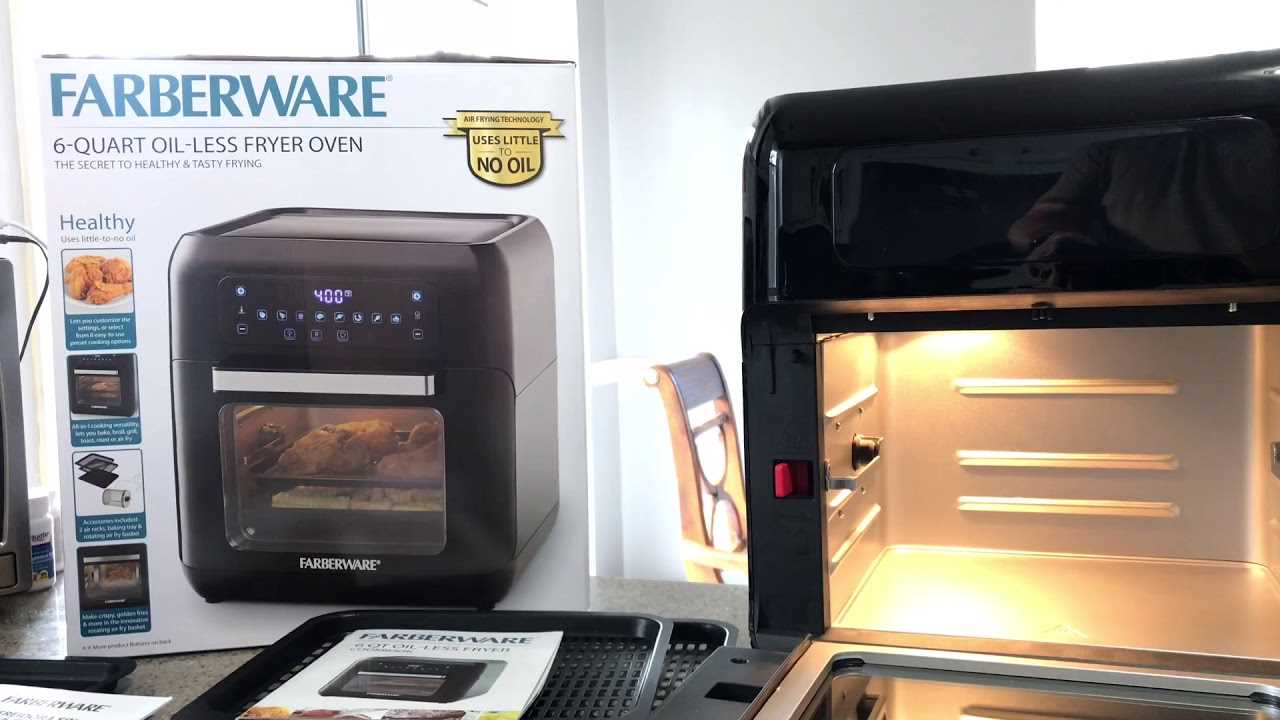
When using cooking equipment, it’s essential to follow some basic precautions to ensure a safe and efficient experience. These tips will help avoid accidents and ensure that the equipment functions properly over time.
Preparation and Setup
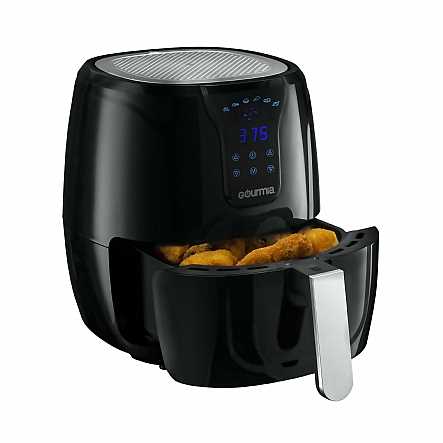
Before starting the cooking process, ensure the appliance is positioned on a flat, heat-resistant surface. Check that the power cord is in good condition and far from any liquids. Avoid using extension cords, as they may overheat and cause electrical issues.
During and After Cooking
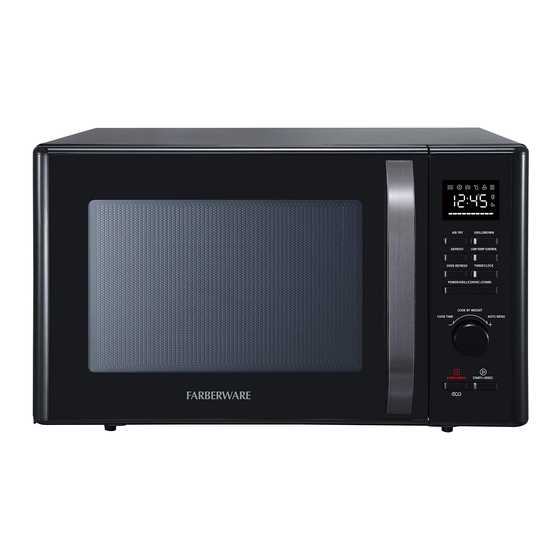
While the device is in use, do not leave it unattended. Keep flammable objects away from the cooking area. Always use oven mitts when handling the basket or other hot components to prevent burns. After cooking, allow the unit to cool down completely before cleaning or storing.
| Tip | Action |
|---|---|
| Proper ventilation | Ensure the unit is placed in a well-ventilated area to avoid overheating. |
| Regular maintenance | Clean the appliance after each use to prevent buildup of food residues that may cause damage over time. |
Troubleshooting Common Issues
When operating a cooking appliance, encountering problems is not uncommon. This section addresses frequent challenges and provides solutions to ensure optimal performance. By following these guidelines, users can effectively resolve issues and maintain smooth operation.
1. Appliance Not Turning On: If the unit fails to power up, check that it is securely plugged into a working outlet. Inspect the power cord for any visible damage. Ensure that the control panel is properly set according to the user’s preferences.
2. Uneven Cooking Results: For inconsistencies in cooking, make sure that the food items are evenly spaced and not overcrowded. Rotate or shake the basket halfway through the cooking process to promote uniform heat distribution.
3. Excessive Smoke Production: Excessive smoke may result from excess oil or food residue. Clean the appliance thoroughly after each use and ensure that there is no buildup of grease. Avoid overusing oil or using highly fatty foods.
4. Strange Noises: Unusual noises may indicate loose parts or improper placement. Check that all components are securely attached and properly aligned. Refer to the assembly instructions to verify correct setup.
5. Inconsistent Temperature: If the temperature is not consistent, calibrate the appliance according to the manufacturer’s guidelines. Ensure that the appliance is placed on a flat, stable surface to avoid temperature fluctuations.